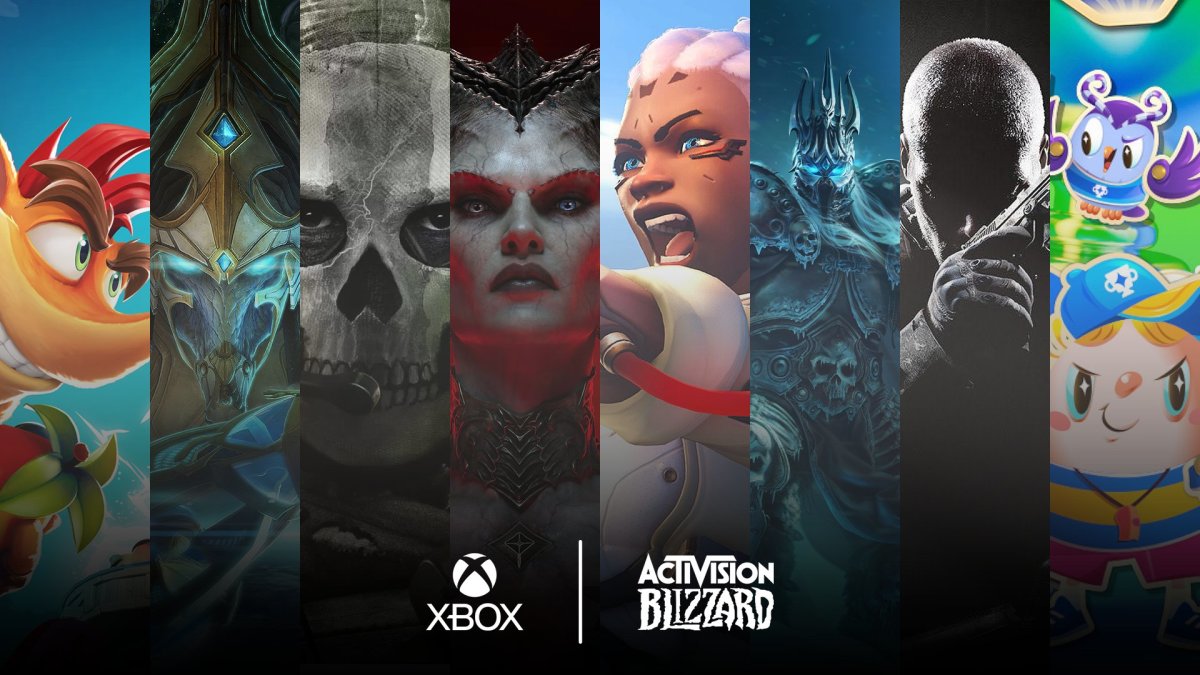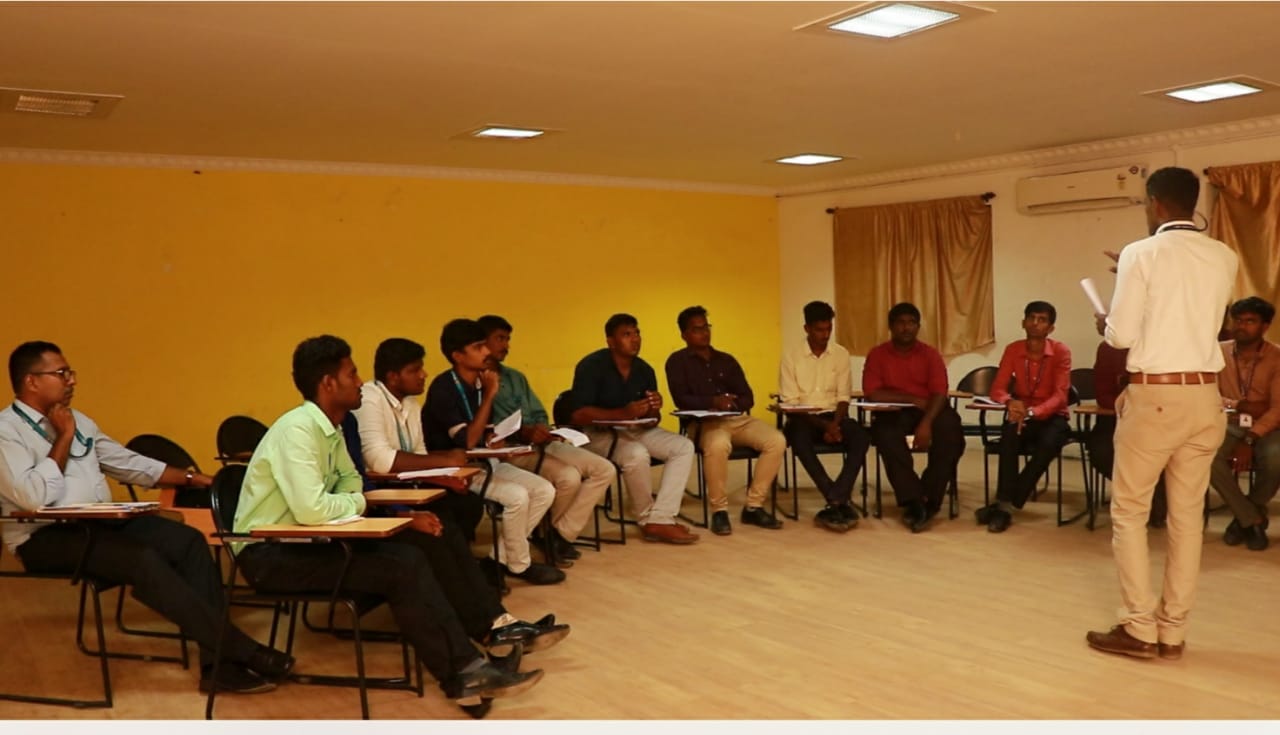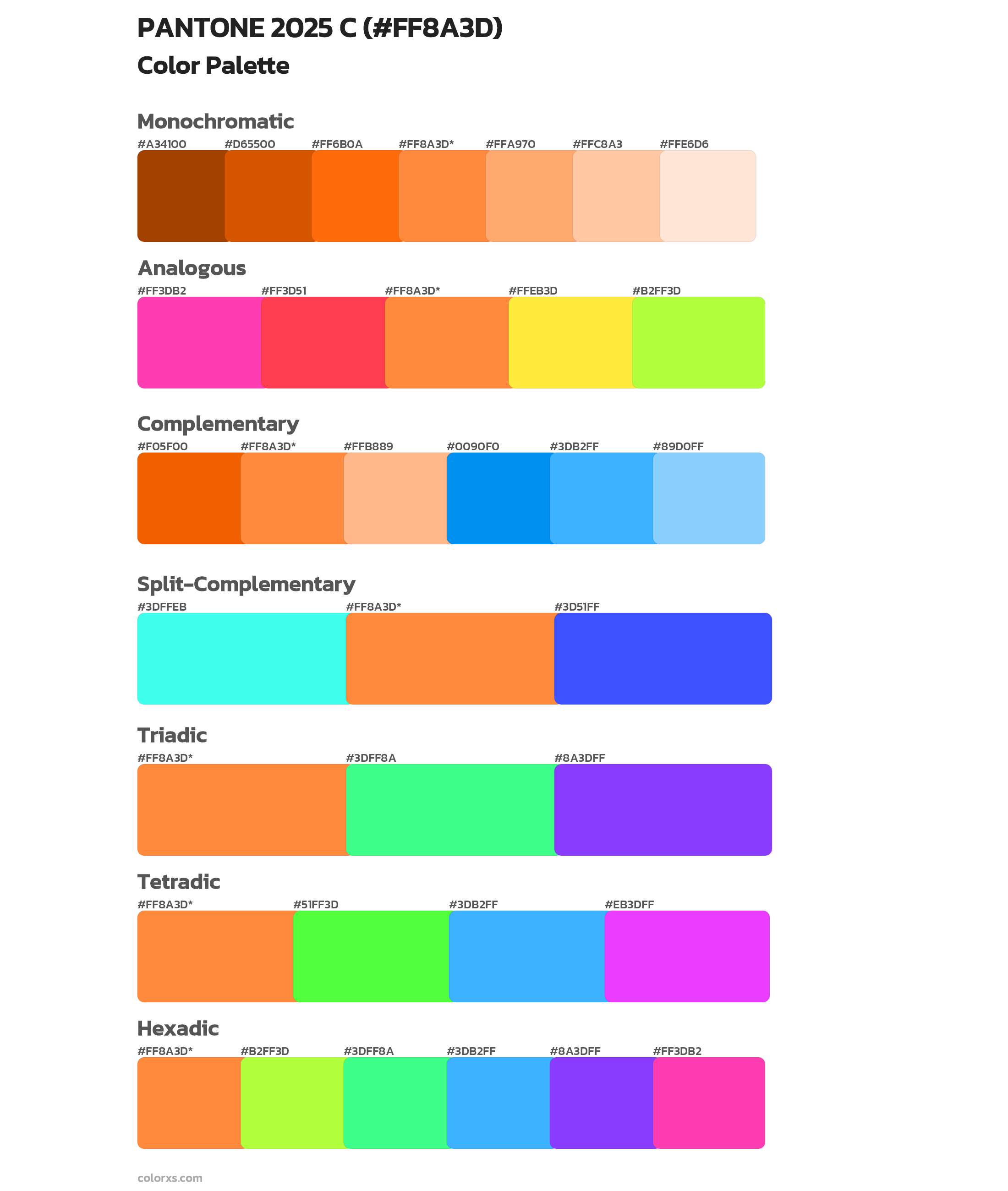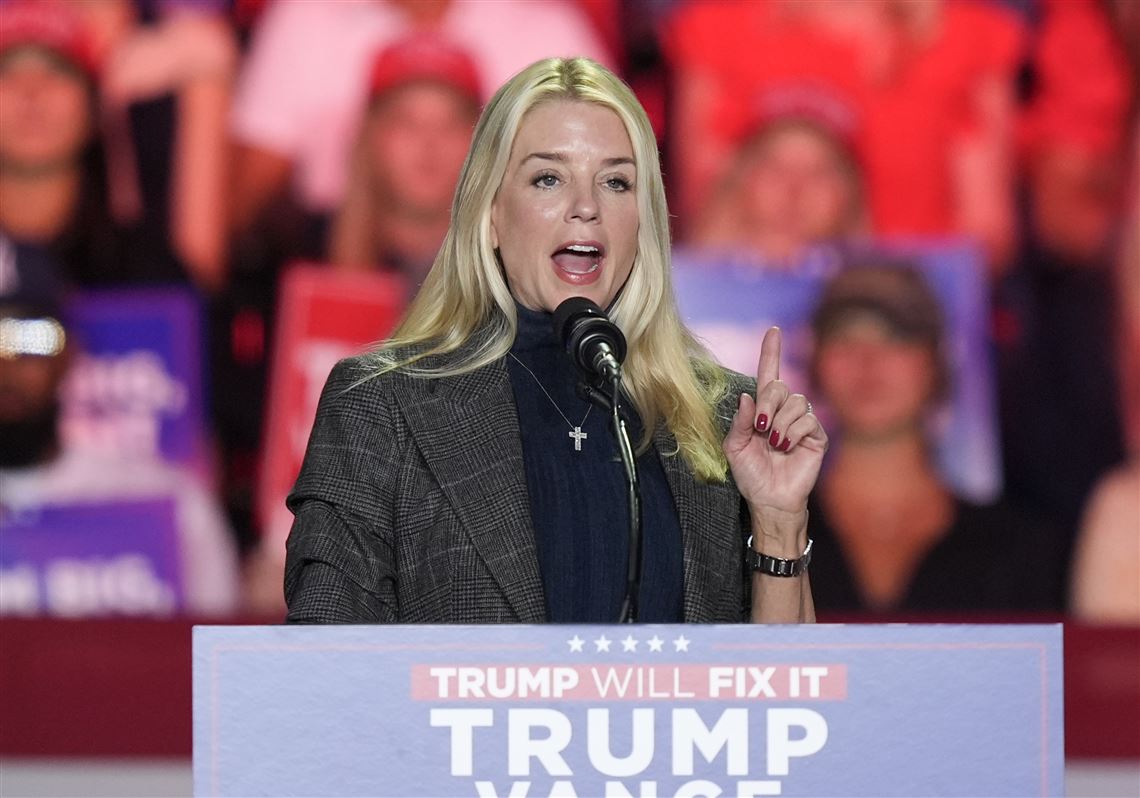Activision Blizzard Acquisition: FTC's Appeal And Antitrust Concerns

Table of Contents
The FTC's Antitrust Concerns
The FTC's primary concern revolves around the potential for the Activision Blizzard acquisition to stifle competition and harm consumers. This concern stems from several key factors.
Stifling Competition
The FTC argued that Microsoft's acquisition would significantly reduce competition in the gaming market, especially in the console and cloud gaming sectors. This fear is rooted in several key aspects:
- Exclusive Titles: Microsoft could make popular Activision Blizzard titles, such as Call of Duty, exclusive to its Xbox consoles and its Game Pass subscription service. This would significantly disadvantage competitors like Sony PlayStation and Nintendo Switch, potentially driving players towards the Xbox ecosystem.
- Impact on Competitors: The loss of access to major titles like Call of Duty, World of Warcraft, and Candy Crush Saga could severely impact the competitiveness of rival platforms, potentially leading to market consolidation and reduced consumer choice. The ability for Microsoft to leverage these titles for their own benefit at the expense of its competitors was a central concern of the FTC.
- Market Power: The FTC expressed concern that Microsoft, already a significant player in the gaming industry, would leverage its increased market power post-acquisition to engage in anti-competitive practices, further hindering rivals. This includes pricing strategies, exclusive deals, and potentially even stifling innovation within the gaming sector.
Market Dominance
The FTC's case also highlighted Microsoft's existing market share and the acquisition's potential to further consolidate its power. This consolidation could lead to several negative consequences:
- Higher Prices: Reduced competition could lead to higher prices for games and subscription services, ultimately harming consumers.
- Reduced Innovation: A less competitive market might stifle innovation as Microsoft wouldn't face the same pressure to improve its products or services to compete.
- Less Consumer Choice: Consumers might have fewer gaming choices and less platform diversity. Exclusive content and limited availability on certain platforms are direct consequences of this concern. The FTC presented market share data for gaming consoles, PC gaming, and cloud gaming services to support this claim. They also pointed to Microsoft's history of strategic acquisitions in related areas as evidence of a larger pattern of consolidation.
The FTC's Appeal and Legal Arguments
Despite an initial court ruling against the FTC, the commission decided to appeal the decision, arguing that the judge's assessment of the antitrust implications of the merger was flawed.
Judge's Initial Ruling
The initial court decision allowed the merger to proceed, primarily based on the judge's assessment that the potential harm to competition was not substantial enough to warrant blocking the deal. Key points of contention between the FTC and the judge included the assessment of Microsoft's commitment to keep Call of Duty available on other platforms and the weight given to the testimony from different industry stakeholders. The FTC's legal strategy for the appeal centered on presenting a more comprehensive and persuasive case outlining the long-term anti-competitive effects of the merger.
Arguments for Appeal
The FTC's appeal reiterates its core antitrust concerns and presents additional evidence and arguments to strengthen its case. This includes:
- Reinforced Antitrust Concerns: The appeal re-emphasizes the potential for Microsoft to make Activision Blizzard games exclusive, thus harming competitors and reducing consumer choice.
- New Evidence: The FTC likely presented new evidence, perhaps updated market share data, consumer surveys, or expert testimony, to bolster its claims of market dominance and potential anti-competitive behavior.
- Long-Term Implications: A crucial aspect of the appeal focuses on the long-term implications for the gaming industry. The FTC argues that even if the immediate impact is minimal, the acquisition could lead to a gradual erosion of competition over time, ultimately harming consumers in the long run.
The Impact on the Gaming Industry and Consumers
The outcome of the FTC's appeal will significantly impact the gaming industry and consumers. Several scenarios are possible:
Potential Outcomes
- Scenario 1: FTC Wins the Appeal: If the FTC successfully overturns the initial ruling, the Microsoft-Activision Blizzard merger will likely be blocked or significantly altered. This would maintain a competitive gaming landscape, preventing the potential dominance of Microsoft. However, it could also result in uncertainty and potential financial losses for Microsoft and Activision Blizzard.
- Scenario 2: Microsoft Wins the Appeal: If the appeal fails, the merger will proceed as planned. This could lead to significant changes in the gaming market, including potential exclusive titles, altered pricing strategies, and a shift in market power. This could benefit Microsoft but could lead to concerns about reduced competition and less choice for gamers.
- Regulatory Oversight: Regardless of the outcome, this case highlights the importance of regulatory oversight in large mergers and acquisitions within the tech industry. It underscores the need for thorough investigation to prevent anti-competitive behavior and protect consumer interests.
Future of Game Pricing and Accessibility
The acquisition's impact on game pricing and accessibility is a major point of concern.
- Potential Price Increases: The reduced competition could theoretically lead to higher prices for games and subscription services.
- Exclusive Deals and Limited Availability: The potential for exclusive titles on Xbox and Game Pass could limit accessibility for players on other platforms like PlayStation and Nintendo Switch.
- Impact on Subscription Services and Cloud Gaming: The acquisition could significantly reshape the subscription service landscape and impact cloud gaming competition.
Conclusion
The FTC's appeal against the Microsoft-Activision Blizzard acquisition highlights crucial antitrust concerns within the rapidly evolving gaming industry. The outcome will set a significant precedent, impacting competition, innovation, and ultimately, the gaming experience for millions. Staying informed about the developments in this Activision Blizzard acquisition case is vital for understanding the future dynamics of the gaming market. Continue to follow updates on this crucial legal battle to learn more about how this FTC appeal may shape the future of gaming.

Featured Posts
-
 Us China Rivalry A Key Military Base In The Crosshairs
Apr 26, 2025
Us China Rivalry A Key Military Base In The Crosshairs
Apr 26, 2025 -
 Relax And Unwind An Interview With Karli Kane Hendrickson
Apr 26, 2025
Relax And Unwind An Interview With Karli Kane Hendrickson
Apr 26, 2025 -
 Is It Ethical To Bet On Natural Disasters Like The Los Angeles Wildfires
Apr 26, 2025
Is It Ethical To Bet On Natural Disasters Like The Los Angeles Wildfires
Apr 26, 2025 -
 Boosting International Relations Indonesia Considers Exporting Rare Rice
Apr 26, 2025
Boosting International Relations Indonesia Considers Exporting Rare Rice
Apr 26, 2025 -
 Deion Sanders Shedeur Sanders Draft Projection An Espn Analysts Insight
Apr 26, 2025
Deion Sanders Shedeur Sanders Draft Projection An Espn Analysts Insight
Apr 26, 2025
Latest Posts
-
 Seven Year Absence Ends Actors Reunite In High Potential Finale
May 10, 2025
Seven Year Absence Ends Actors Reunite In High Potential Finale
May 10, 2025 -
 High Potential Finale A Surprise Reunion After 7 Years
May 10, 2025
High Potential Finale A Surprise Reunion After 7 Years
May 10, 2025 -
 Analyzing The Trump Administration A Case Study Of Day 109 May 8th 2025
May 10, 2025
Analyzing The Trump Administration A Case Study Of Day 109 May 8th 2025
May 10, 2025 -
 Trump Administration Day 109 May 8th 2025 Key Events And Analysis
May 10, 2025
Trump Administration Day 109 May 8th 2025 Key Events And Analysis
May 10, 2025 -
 Evaluating Ag Pam Bondis Decision A Public Vote On The Epstein Files
May 10, 2025
Evaluating Ag Pam Bondis Decision A Public Vote On The Epstein Files
May 10, 2025
